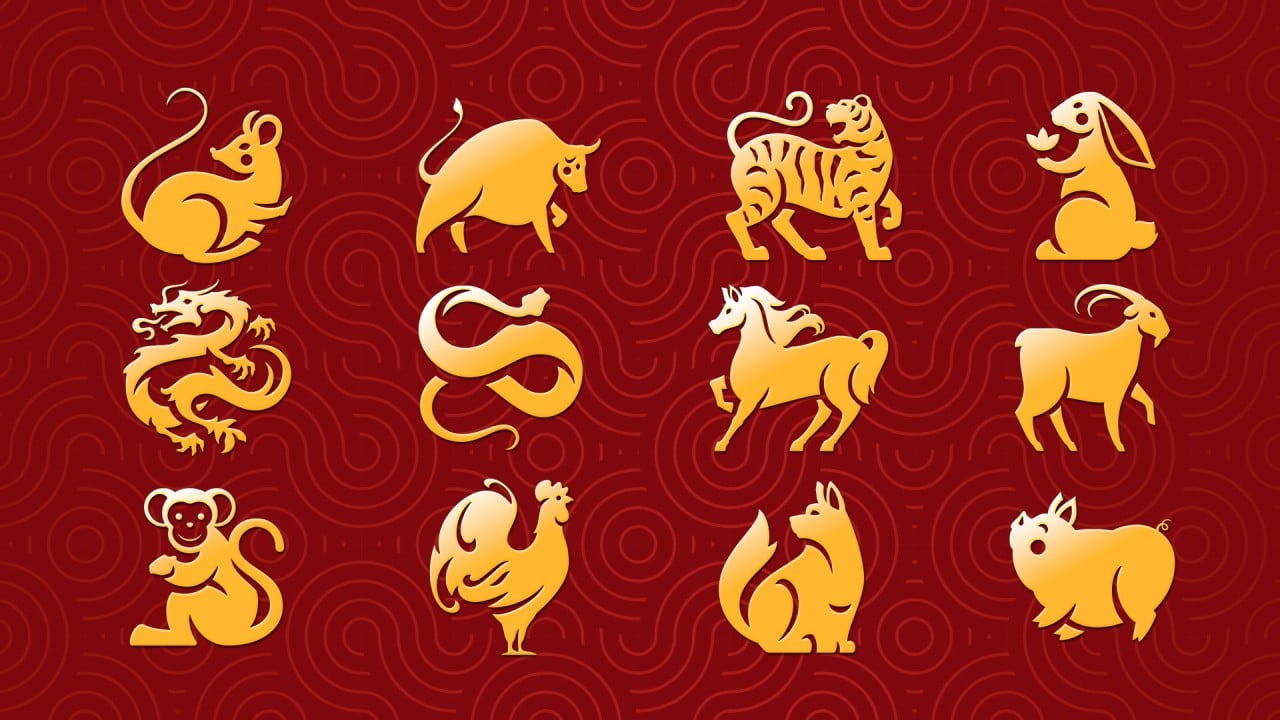
As China’s ‘Year of the Widow’ threatens marriage rate, can ‘dragon babies’ boost births?
- Chinese are debating a superstitious belief that the coming lunar year will bode badly for marriages, and the Ministry of Civil Affairs is paying attention
- Declines in birth rates and marriages have China’s central government struggling to combat a demographic crisis
A folk belief that getting married in the coming lunar year could bring bad luck has garnered enough attention that central authorities have taken notice as Chinese people debate the traditional notion while Beijing struggles to bolster marriage rates.
The Ministry of Civil Affairs said it was keeping an eye on the issue after a web user flagged potential ramifications from a worrisome perception that the “Year of the Widow” is looming.
“This seriously deviates from common sense in life and scientific sense,” read the message from an unidentified citizen, posted to the public advice section of the ministry’s website on January 11.
The warning came as young adults in China have become increasingly reluctant to start families and have kids, contributing to a more rapidly ageing society in which the total population has shrunk for the past two years.
China divorce mediator tells wives to endure infidelity, but not husbands
“We are giving attention to the suggestion you raised,” the ministry replied on January 22.
The “Year of the Widow” worries derive from the fact that lichun – which falls around February 4 every year and is said to mark the start of spring in East Asian cultures – takes place before the February 10 start of the Lunar New Year in 2024, and will be after the January 29 lunar year start in 2025. Therefore, folk customs dictate that the coming year is regarded as one without spring.
Spring is thought to be the most vibrant time of the year, as it represents birth and rebirth, but a “no-spring year”, also considered a “widow year”, results in marriage being seen as unlucky.
The posting implored the ministry to speak out against the irrational belief so “people are not disturbed by superstitions and folk rumours, as long as they wish to get married”.
China’s marriage rate has been on the decline over the past decade, with 6.83 million marriages recorded in 2022, which was nearly half the record-setting 13.47 million in 2013, according to official figures.
The number for 2023 has yet to be released, but suggestions indicate that it could have rebounded due to pent-up demand that had been suppressed amid China’s pandemic-induced lockdowns in 2022.
In an effort to educate the public and allay fears, state television CCTV said in a report last week that there was no association between bad fortune and a “no-spring year”.
A lunar year without lichun isn’t a rare occurrence, the broadcaster said, pointing to 2019 and 2021, which also lacked this particular solar term in the lunar calendar.
Traditional customs still play an important role in China’s marriages and births, but authorities have called in recent years for the elimination of such impactful practices, including traditional high “bride prices” paid by the groom’s family to the bride’s family.
Perhaps paradoxically, some believe 2024 is a great year to have babies, despite being considered a bad time for tying the knot.
This could potentially spur an uptick in the number of births, which hit a record low of 9.02 million in 2023.


